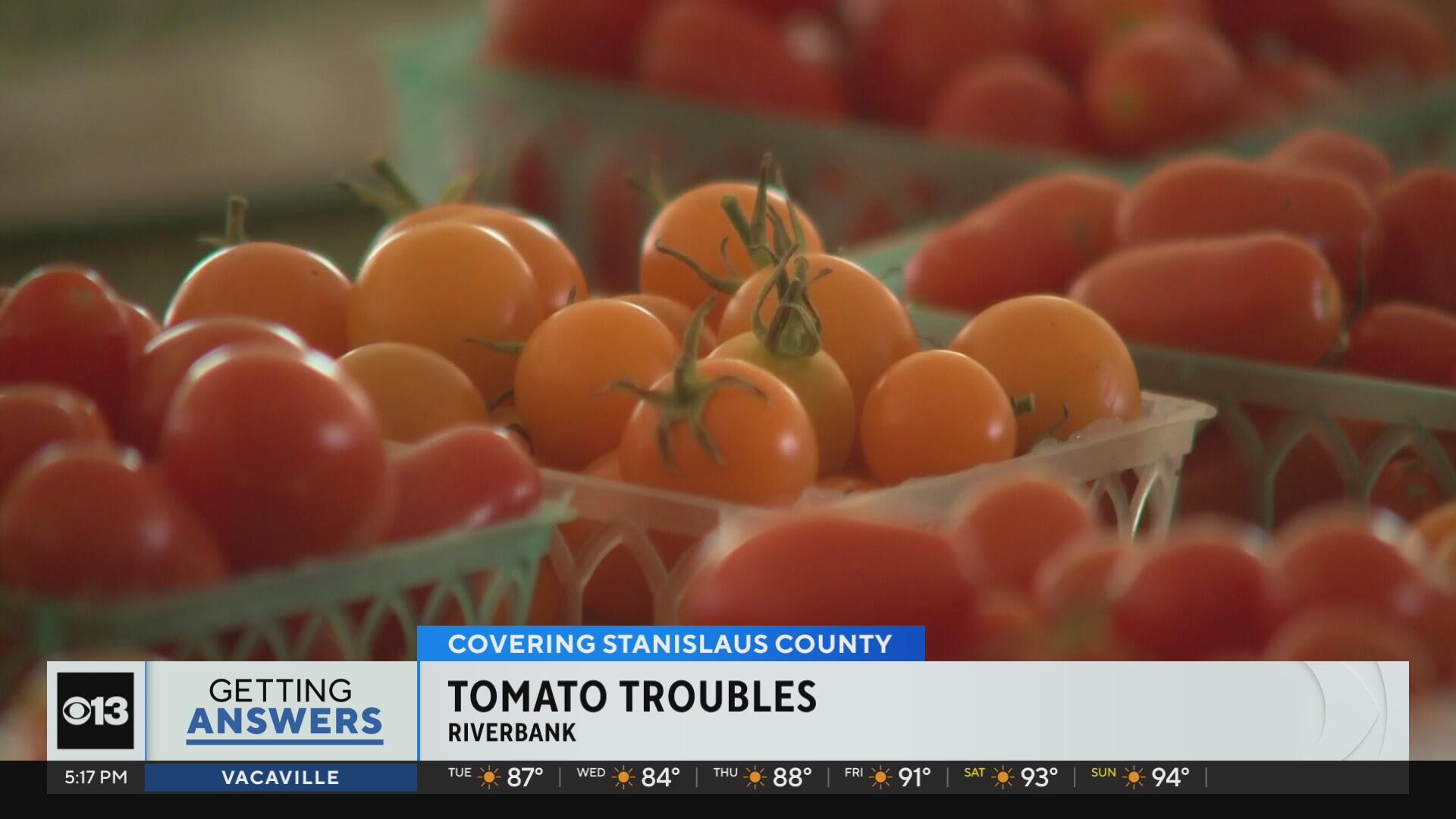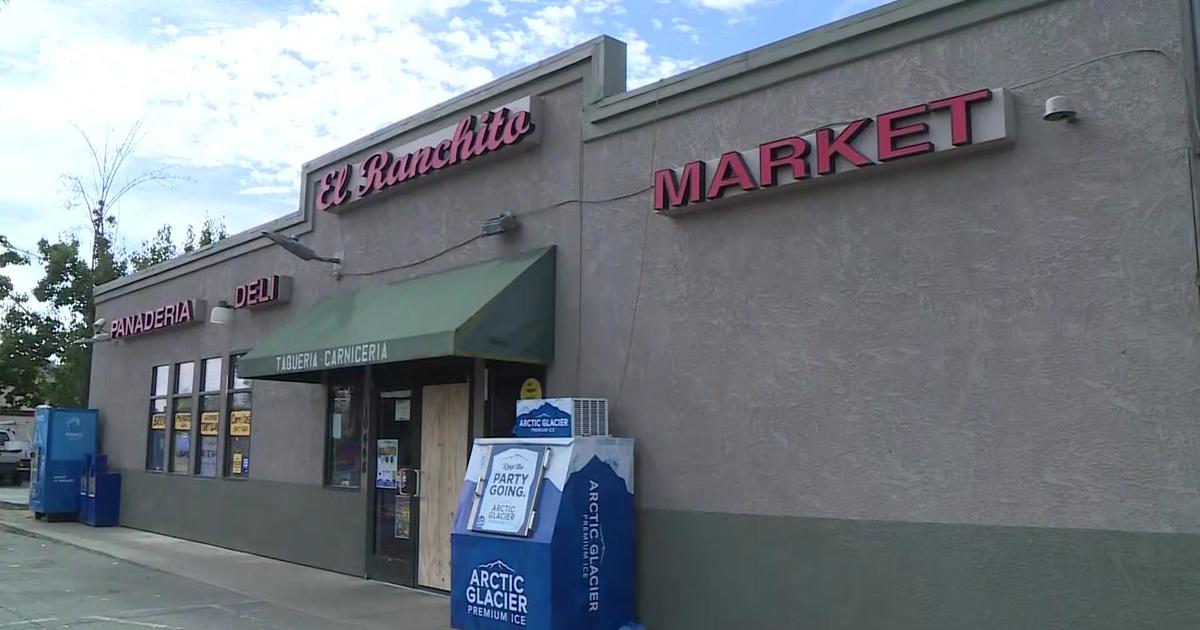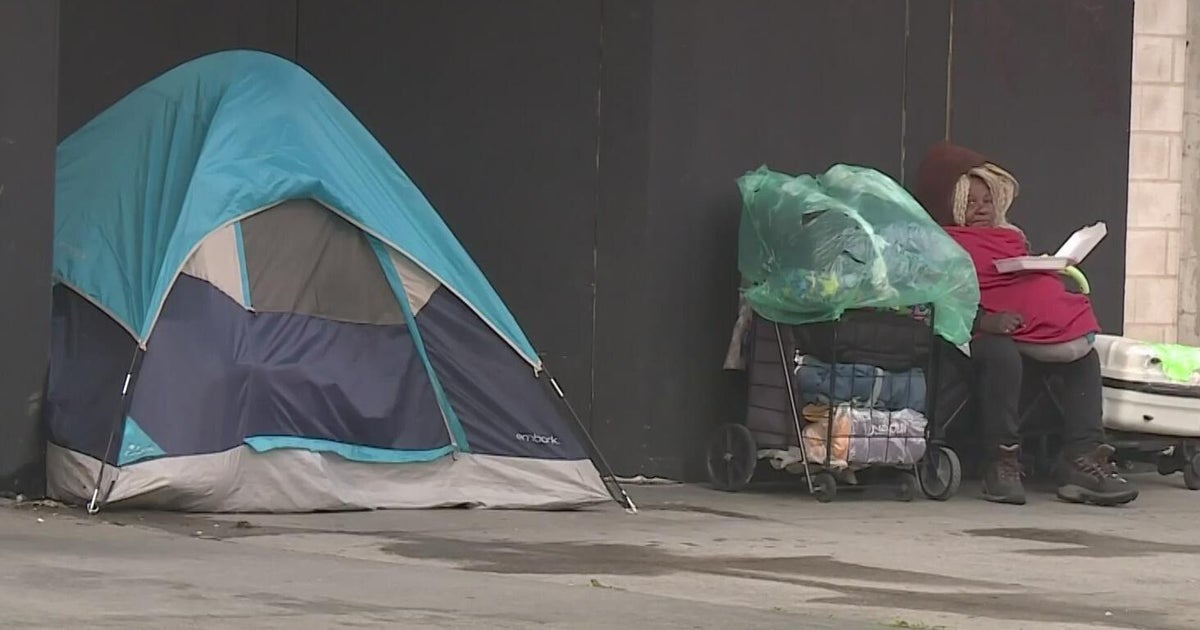Stanislaus County farmer Mexico tomato tariff won't affect his prices
The U.S. just ended a decades-old tomato trade agreement with Mexico, and while prices could soon spike at grocery stores and restaurants across the country, one Stanislaus County farmer says not so fast.
Bill Loretelli has been selling fresh produce out of his family-run stand in Riverbank for more than 40 years. His tomatoes are grown right there in the dirt, no international shipping required.
"We've been a market for over 40 years," Loretelli said.
About 5,000 tomato plants grow on his land each season: from grape and cherry tomatoes to heirloom varieties. Because they're locally grown and sold straight to the customer, a newly announced 17% tariff on Mexican tomato imports won't affect prices at his stand.
But a different part of his business will feel it.
"We have a small business that supplies maybe 20 taquerias and taco trucks combined," Loretelli said.
Those tomatoes are imported and sold wholesale and are expected to cost more, fast. He says prices for his restaurant clients could go up by 30-40%.
UC Davis economics professor Ina Simonovska says it all comes down to where you live and where your tomatoes come from.
"If the tariff is 20%, then you're looking at a price increase potentially of 20%," she explained. "But we're lucky that we have all the produce here. We're looking at much more of an impact in the northern states."
Still, Loretelli doesn't expect the change to bring in a new crowd.
"Honestly, very little percentage only because if they were going to come out here, they'd already be out here," he said.
But he hopes those who do show up keep showing up, especially as family-run farms like his become harder to find.
"We should be trying to promote people like us," Loretelli said. "Because not very many are left around."




